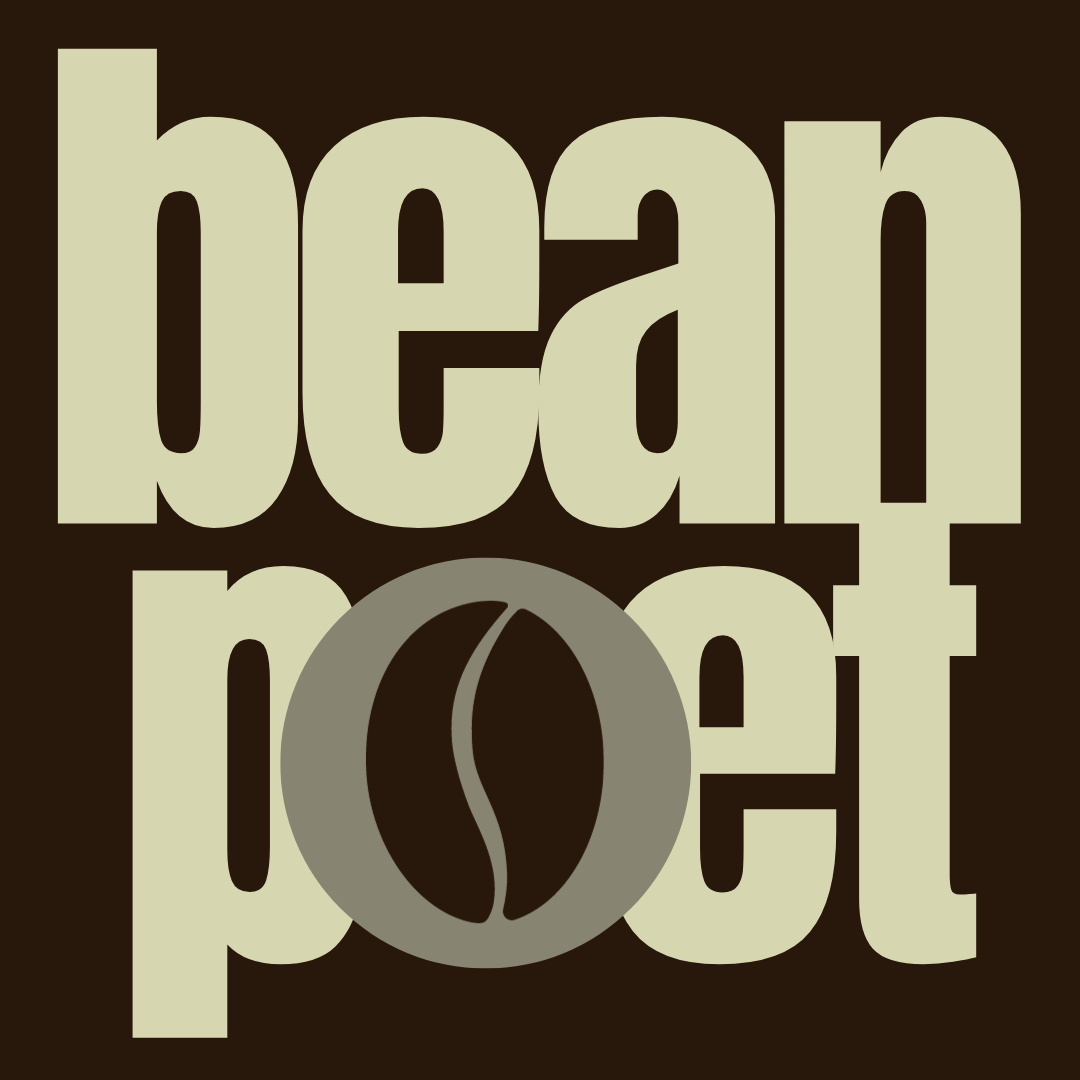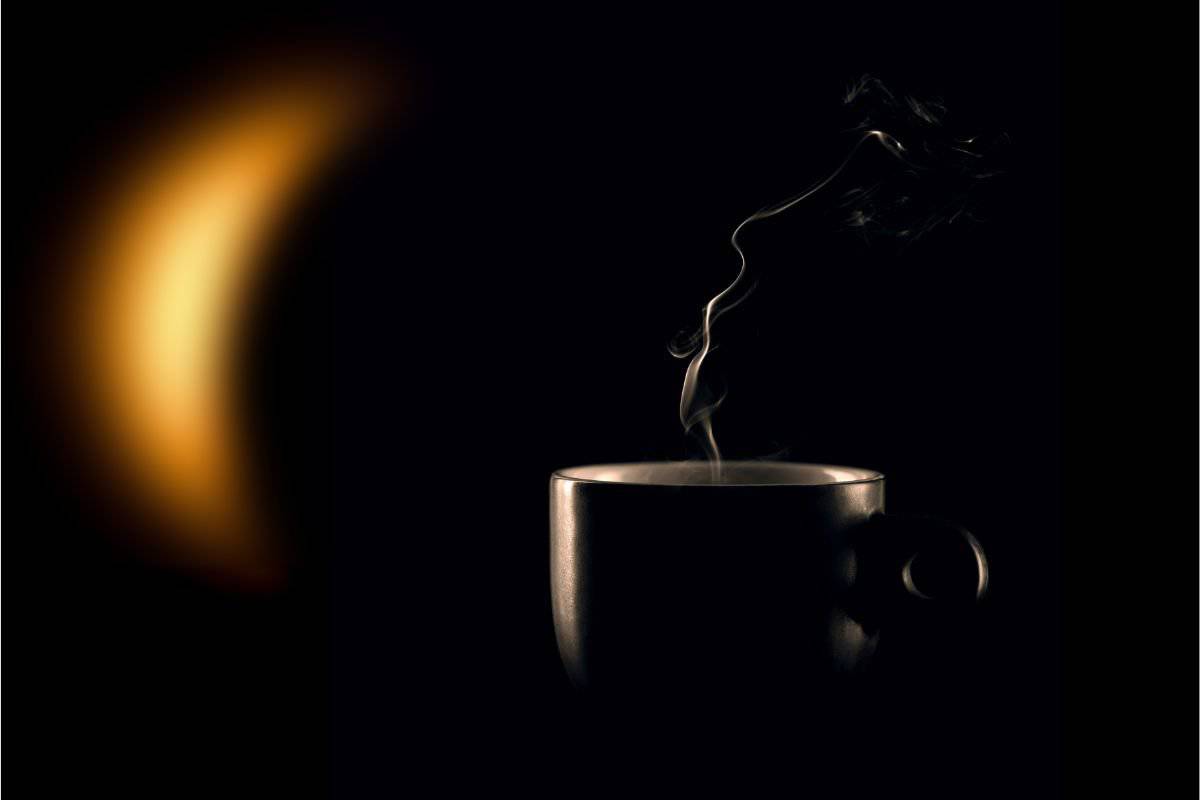Last Updated on December 17, 2023
Do you remember the tradition of enjoying a cup of coffee after dinner? This practice has largely fallen out of favor in the U.S. because people think (sometimes correctly) that coffee keeps them awake at night.
However, people in countries such as France, Spain, and Italy still enjoy this tradition without concern. In these countries, it’s still very common to enjoy coffee drinks such as an espresso demitasse or cappuccino after a hearty evening meal.
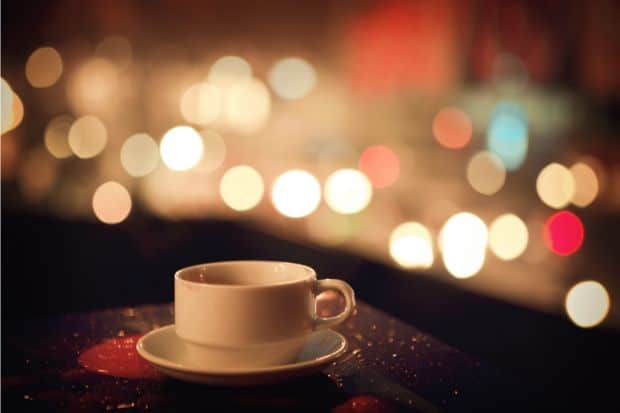
Why do people drink coffee after dinner? For many people, it’s a tradition in their family or culture, while still others see enjoying a cup of coffee with family and friends after dinner as a way to continue socializing. Other reasons for having coffee after dinner include getting a much-needed energy boost, improved digestion, and other health benefits.
Let’s dive in and learn more about the pros and cons of having an after-dinner coffee.
7 Reasons People Drink Coffee After Dinner
As we’ve already mentioned, there are several different reasons people drink coffee after dinner, including time with family and cultural traditions, socializing, health benefits, weight loss, digestive help, and energy boosts.
1. Family Tradition
Many families have a tradition of having coffee after a meal In the U.S., someone will get up from dinner near the end of the meal and brew a pot of coffee. Depending on your family’s cultural heritage, you and your family members may also enjoy an espresso or cappuccino after your evening meal.
2. Socializing
Restaurants learned that if people have coffee after dinner, they tend to stay longer. When this happens, there’s a chance that the customers will order dessert or more food.
Staying longer after a meal has the added benefit of giving you more time to socialize with your friends and family members. After all, most restaurants want you to have the best possible experience at their establishments.
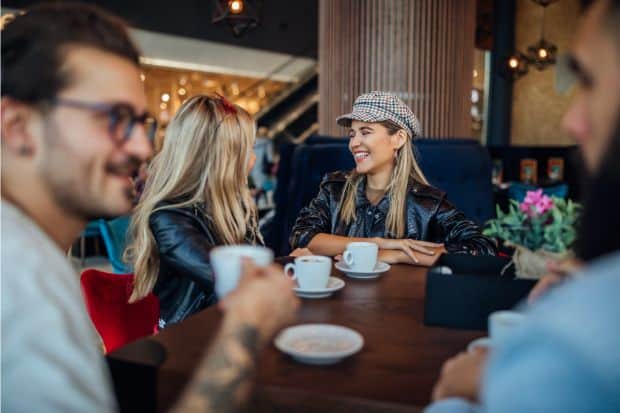
This reasoning also applies if you’re having dinner at home, whether with guests or just with your family. A cup of espresso with some interesting conversation allows you to prolong the special time with the people you care about.
3. Health Benefits
Black coffee is loaded with rich antioxidants, and it effortlessly absorbs into the bloodstream. Moreover, coffee can help you increase your metabolic rate, and there are many benefits to that. We’ll go more into the specific health benefits of coffee below.
Some studies indicate that drinking coffee can help with blood sugar levels. Also, the caffeine in coffee beans has been shown to slow the progression of Parkinson’s disease in some people.
4. Digestive Help
When you drink coffee after dinner (or any meal), it will help some people with digestion. The caffeine found in coffee increases the contractions in the intestinal tract, which is why some individuals feel the need to “go” after drinking coffee.
Caffeine is also a diuretic, so it helps your body eliminate waste via urine. This can help with water retention issues.
5. Weight Loss Aid
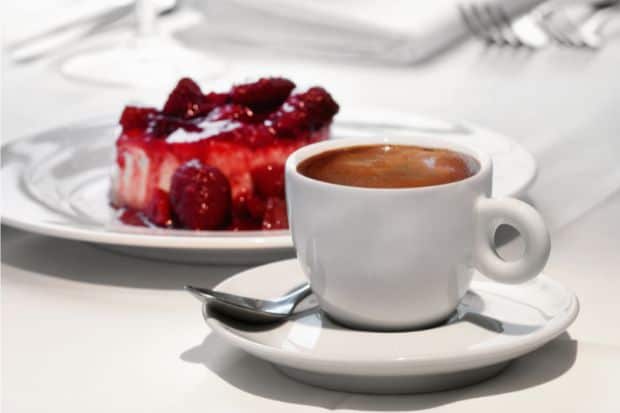
Is coffee an effective weight loss aid? There is some scientific evidence supporting this theory, and lots of folks swear by coffee for helping them suppress their appetite. If you’re a late-night snacker, having a cup of coffee after dinner may feel like a treat by itself.
6. Energy Boost
Do you find yourself in a post-meal slump after dinner? For most people, dinner is the heaviest meal of the day, so feeling stuffed afterward is common. Meals high in carbohydrates are particularly problematic. Coffee may boost energy levels and help you power through until you go to bed.
7. Culture
Many Italian people drink espresso after dinner, and it may be because they tend to stay up later.
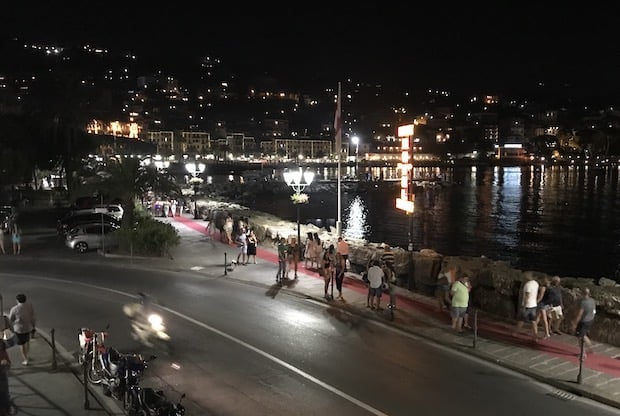
This tradition also carries into other cultures. For example, Dutch people often indulge in a koffie verkeerd, which translates to “reverse coffee.” A koffie verkeerd consists of a glass of milk that has a small amount of coffee. This drink is served in small glasses.
The French love a cup of black coffee with some cognac or a café granit, which is sweet and intense coffee flavored with mocha liqueur.
The Downside of Drinking Coffee After Dinner
The main issue some people have with drinking coffee after dinner is the most obvious one: Coffee after dinner might keep you awake. Caffeine levels affect everyone differently, but if enjoying that cup of coffee after your evening meal disrupts your sleep cycle, it may not be the best after-dinner beverage for you.
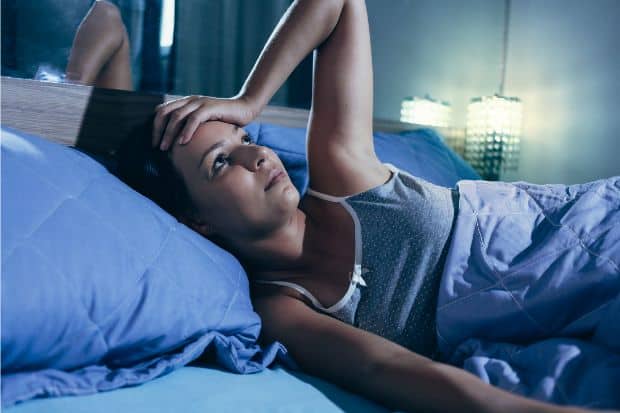
Some studies have also indicated that caffeine plays a role in nutrient absorption, with iron being particularly affected.
Types of Coffee to Drink After Dinner
You can experiment with different coffee drinks after dinner, but there’s a solid case to be made for enjoying an espresso demitasse as your evening coffee. Believe it or not, espresso has less caffeine than filtered coffee, but it has a higher concentration.
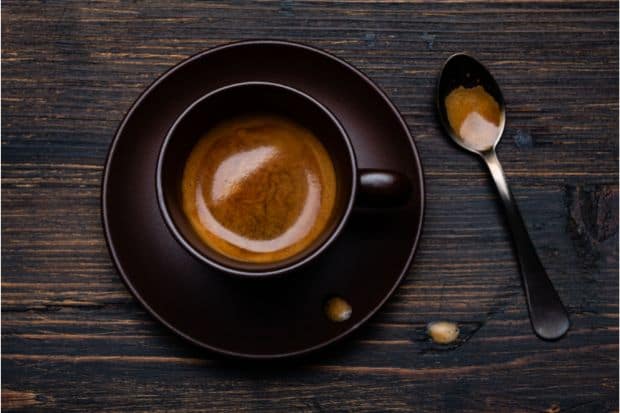
For this reason, your body will absorb less caffeine when you drink a shot of espresso, and it will deliver its punch in a shorter period of time. Larger cups of coffee tend to be sipped over several minutes, while espresso is downed more quickly. Because of this, espresso has a stronger effect on our senses.
Coffee is one of the world’s most popular morning drinks, but there are a lot of folks who have the tradition of enjoying a cup of joe after dinner. Whether or not you enjoy a cup of coffee after dinner is entirely a personal choice.
For some individuals, it’s a celebration of their heritage, culture, or family traditions. Other people may enjoy coffee after meals for health reasons or for an energy boost. Whatever your reason for drinking coffee, pay attention to how it makes you feel and adjust as needed to reap the benefits.
